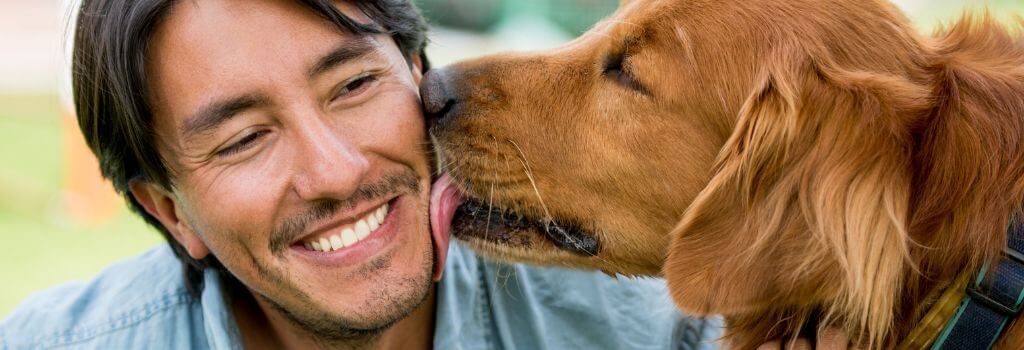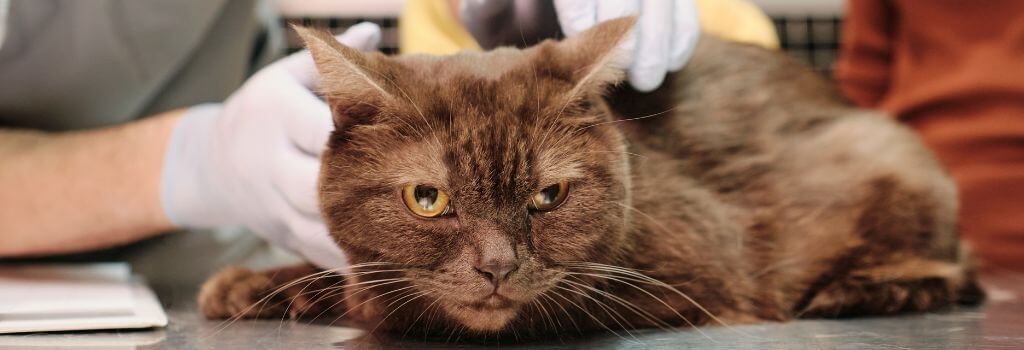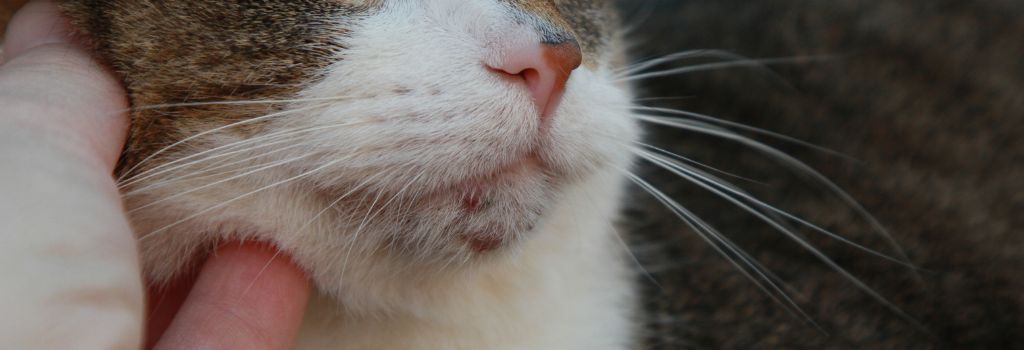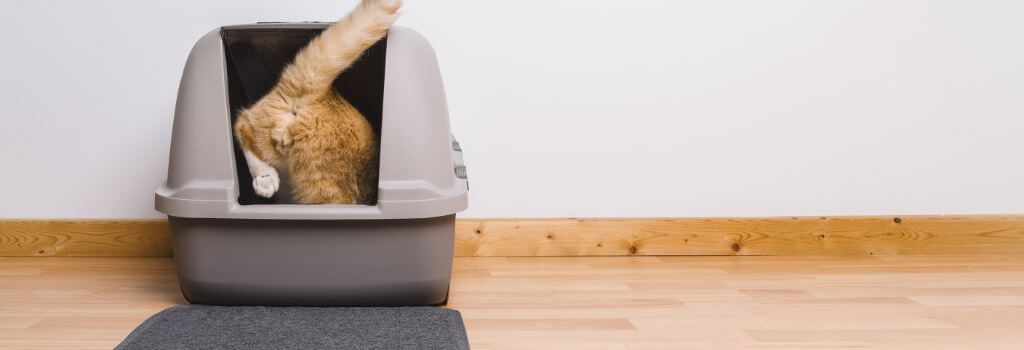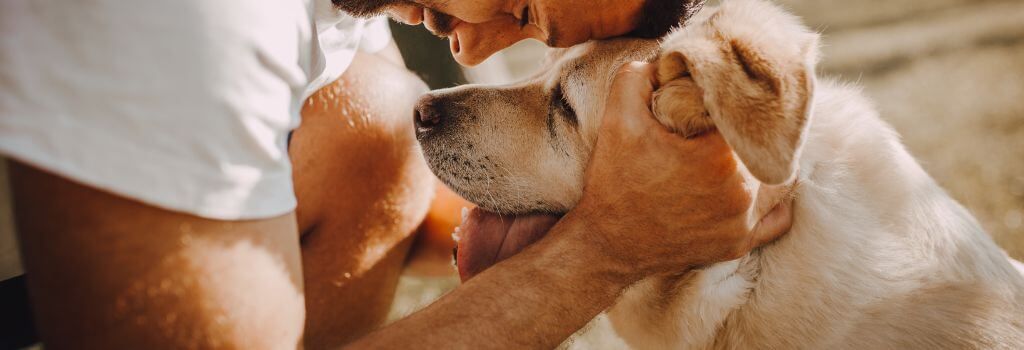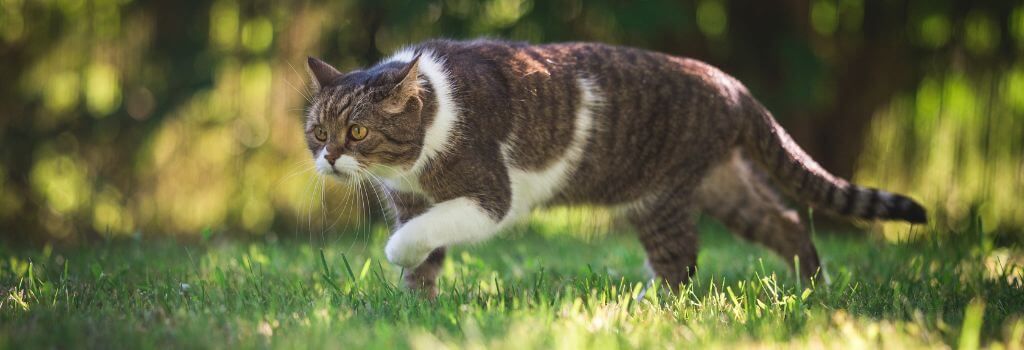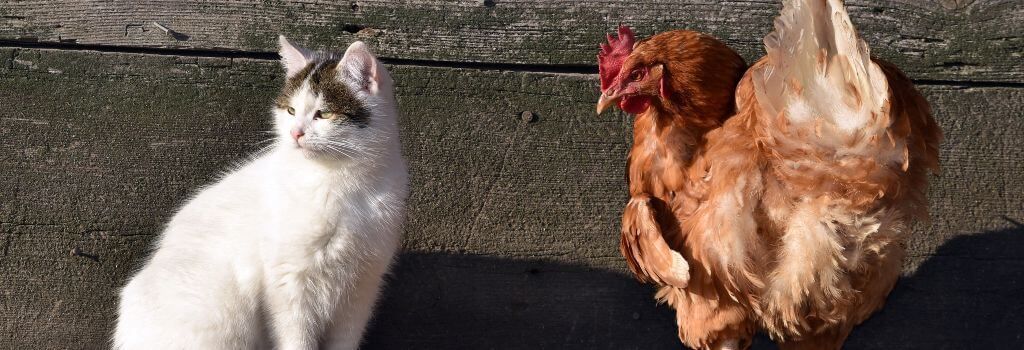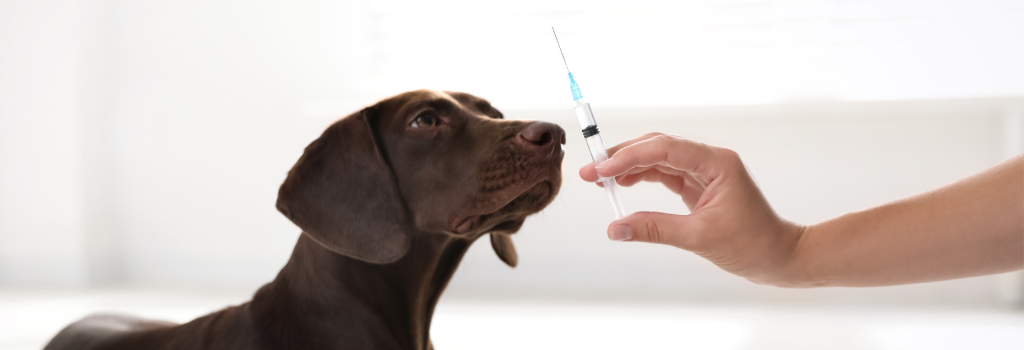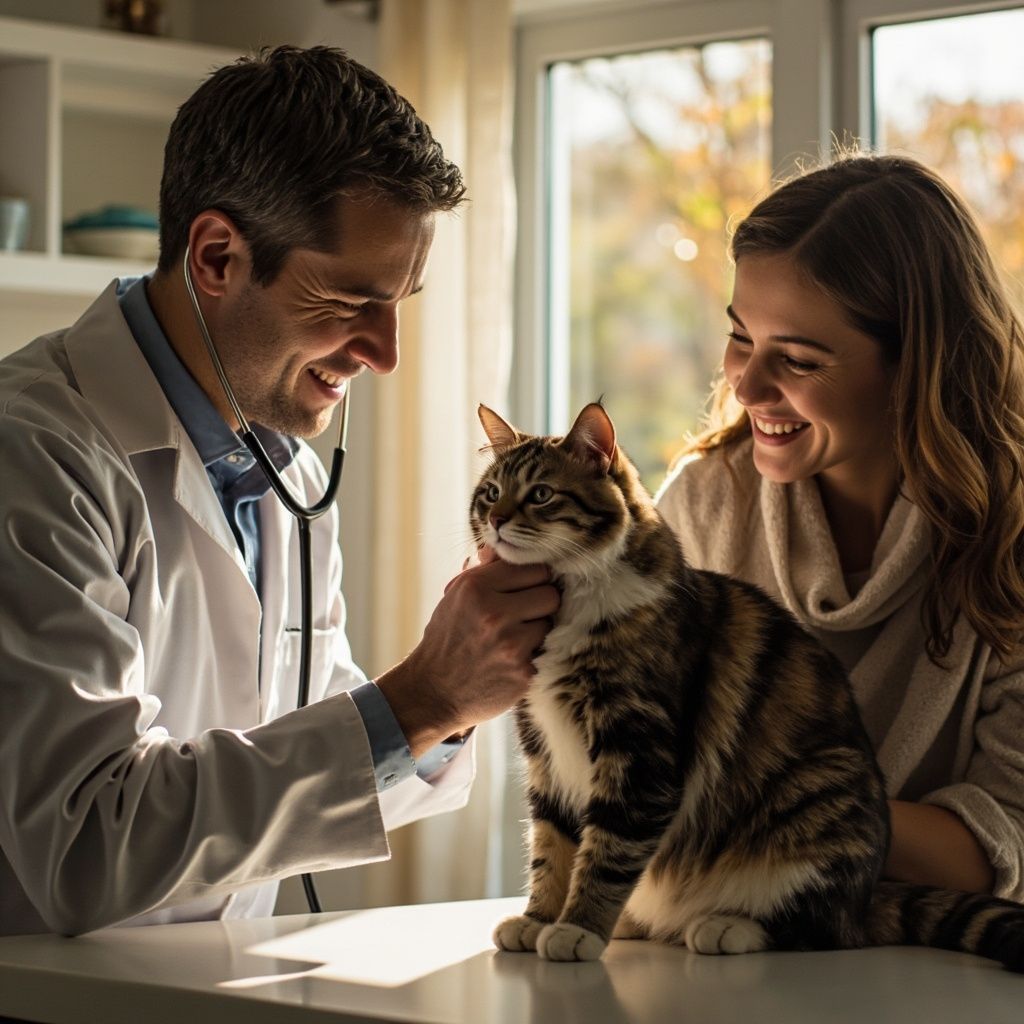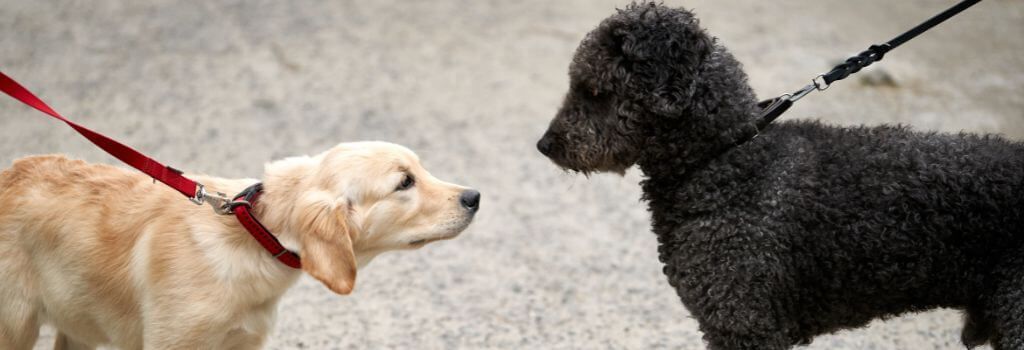10 Commonly Asked Questions About Dogs and Their Surprising Answers
Sometimes, we witness our dogs acting strangely or doing something that makes us curious. Much like humans, dogs have habits, rituals, and personality traits that make them unique, and we're left to decipher what they mean in the absence of human conversation.
From wrapping their paws around your arm to tilting their head, we've compiled the top 10 most commonly asked questions about dogs and their surprising answers.
1. Why do dogs wag their tails?
Most people assume that dogs wag their tails when they're happy, which is true most of the time. Dogs instinctively wag their tails when happy or excited, but they also wag their tails to express other emotions, such as nervousness or anxiety.
2. Do dogs dream?
It's not uncommon to see your dog twitching or letting out a quiet bark or growl while in a deep sleep. This is because dogs dream just like humans, and even go through a REM state of sleep when dreams are most likely to occur. Interestingly, puppies and older dogs tend to dream more often than middle-aged dogs.
3. Why does my dog lick everyone?
Dogs lick people they've become comfortable with for two very different reasons. They're giving that person a sign of affection, or they like the taste of their skin. Sometimes you'll notice your dog licking your hands and fingers after a meal, and that's because they smell the food. If you haven't eaten anything recently, it's more likely a sign of affection.
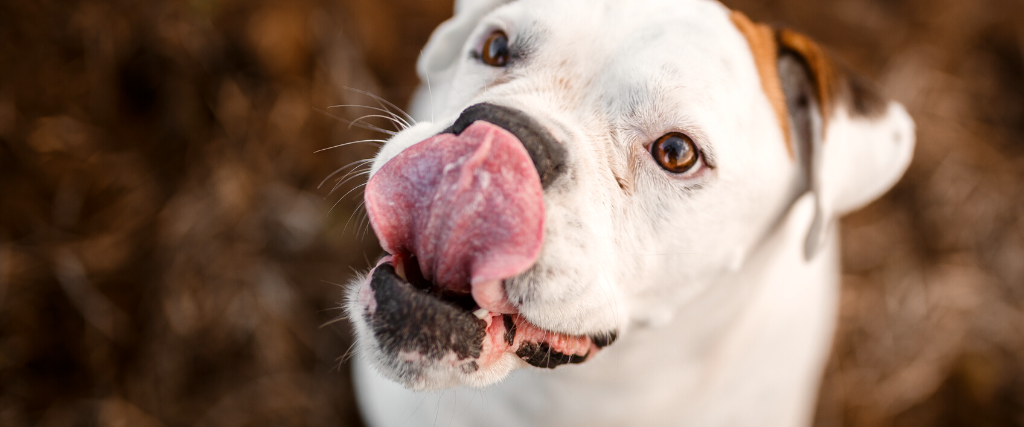
4. Why does my dog howl?
Dogs are descendants of wolves, so howling is an instinctive trait passed down from their ancestors. Domesticated dogs howl for three reasons: to communicate, because they're sick or injured, and separation anxiety. It's normal for a dog to howl as long as it's not happening several times a day, and often a dog doesn't even know why they're doing it. You'll also find that a dog will repeat a howl if its owner howls, which is their way of trying to communicate and be a part of the pack.
5. Why does my dog scoot its butt along the carpet?
Scooting is a common dog behavior, so don't worry. Your dog could just be relieving an itch. However, if it's happening every day, it might require a trip to the veterinarian since it could indicate allergies, parasites, or a clogging issue with your dog's anal glands. The American Kennel Club offers more insight into butt scooting.
6. What does it mean when my dog wraps its front paws around my arm?
Simply put, your dog adores you. A dog wrapping its paws around your arm is one of their highest levels of affection. Considered to be the human equivalent of hugging, dogs will often do this to return or give affection since they can't embrace you in a real hug.
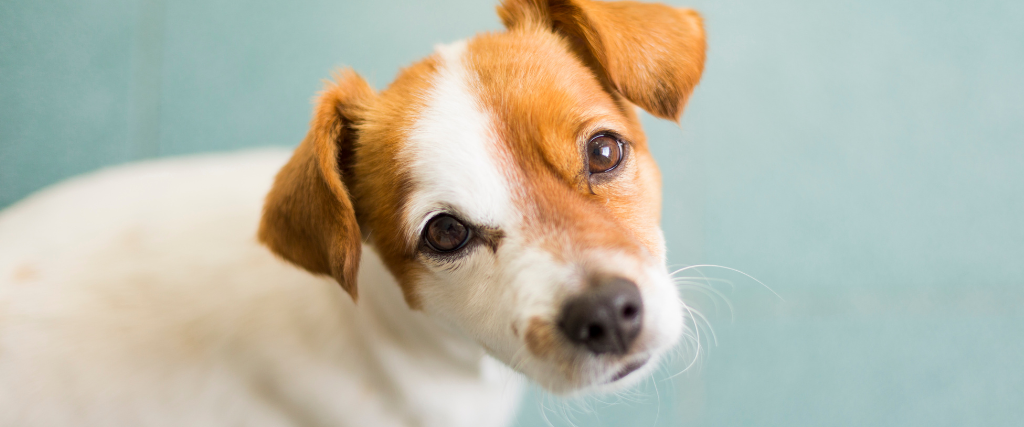
7. Why does my dog tilt its head?
When a dog cocks its head to the side, they're focused on hearing your words and understanding what you're saying. In other words, they're in a heightened state of concentration. You've probably noticed this also happens when they hear strange noises, often high-pitched. They're trying to figure out the sound, where it's coming from and what it means.
8. Why is my dog's nose wet?
The science behind your dog's wet nose is quite surprising. While many assume it's because they're trying to smell something, dog noses are also wet because that's one waythey regulate their body temperature. Dogs evaporate heat through their nose since they don't sweat like humans, which helps keep them cool. Learn about other reasons your dog's nose may be wet or dry from the ASPCA.
9. Why does my dog circle before lying down?
This goes back to our previous answer about howling and the fact that dogs are descendants of wolves. They made their bed by flattening grass and brush in the wild to create a safe, cozy sleep space. Domesticated dogs circle for a similar reason, which is to define their space and claim it as their own. They also might scratch at their bedding before lying down, which is how they leave a scent and further claim the space as their own.
10. Why does my dog stare at me?
This common question has many possible answers, so it's best to connect the stare to the current environment or situation. Dogs stare at their owners because they're gazing in adoration, reading your body language, or want something like attention or food. These types of stares are very different from aggressive stares, which often come with a growl or showing teeth.
If your dog is exhibiting curious behaviors that indicate injury, illness, or aggressiveness, contact your veterinarian to discover the root cause of the habit or behavior. Contact us to learn more about your dog's interesting habits.
Recent Posts
